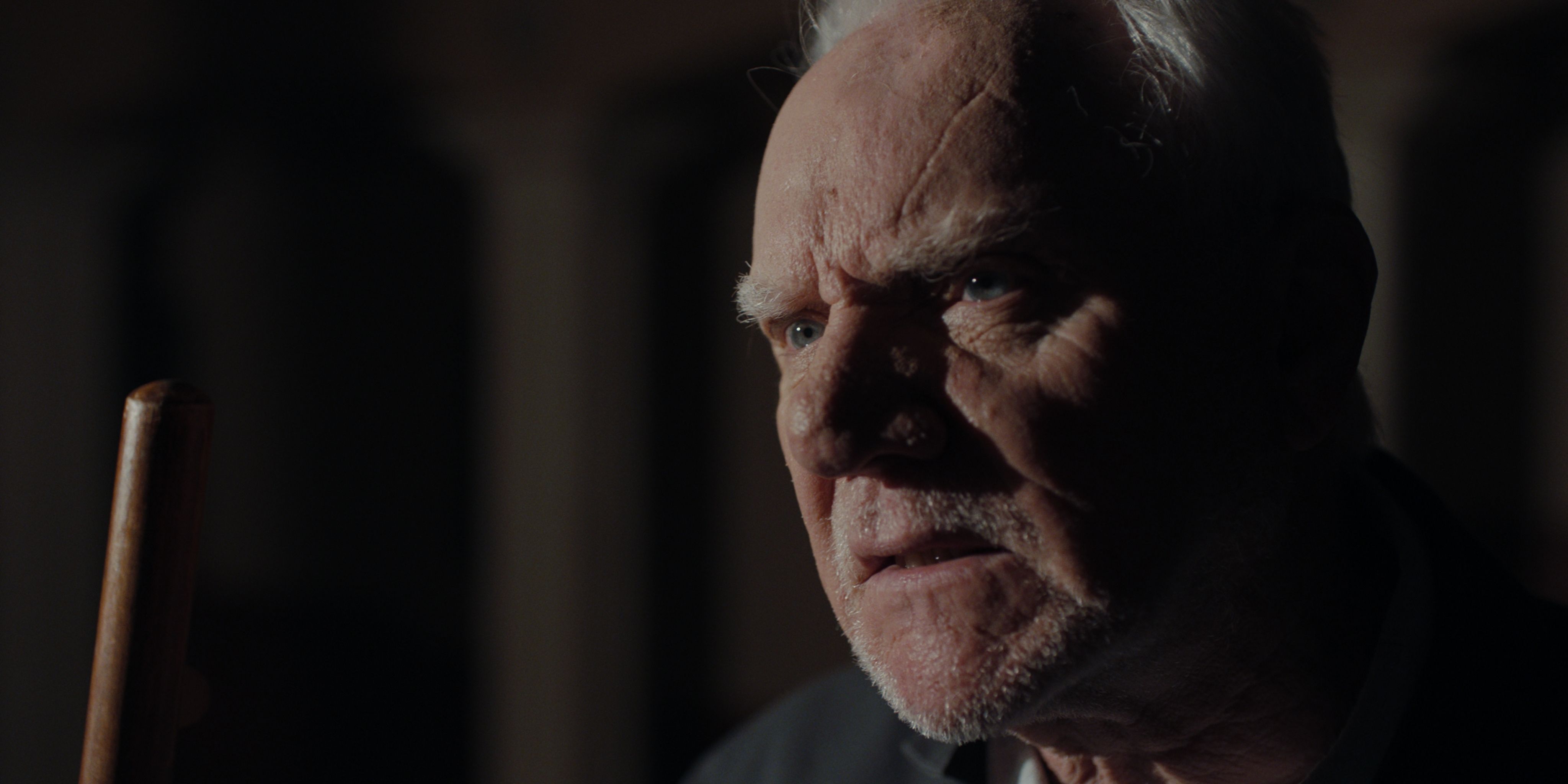The members of Pavement, below, are reflected by the cast, above, of the fake biopic nestled within the film Pavements, which will play at the TIFF Lightbox in late May.SUPPLIED
The alt-rock band Pavement has, for a quarter-century since its initial breakup, become an if-you-know-you-know cultural curio: a staple of slacker attitude and aesthetics, and wildly influential to the indie rock that came after. Crucially, to the filmmaker Alex Ross Perry, the band’s sound was amorphous enough to allow countless interpretations.
And so, as he sought to make a film about Pavement, he chose not to settle on any one format. Pavements, which will start playing Friday at Toronto’s Lightbox and will launch on the MUBI streaming service this year, is many things at once.
It is a documentary (of archival and behind-the-scenes footage from the band’s 2022 reunion tour). It’s a biopic (focusing on the band’s contentious-but-belatedly-beloved 1995 album Wowee Zowee). It’s a mockumentary (of the actor Joe Keery going to extreme lengths to mimic frontman Stephen Malkmus’s lackadaisical drawl). And it’s an exploration of a temporary Pavement museum and short-run 2022 jukebox musical – both of which were orchestrated by Perry to further highlight the inscrutability of both the band and its legacy.
With nineties cult hits such as Gold Soundz and Cut Your Hair, Pavement was a momentous band to a small-but-influential group of Gen Xers and their cultural progeny. Perry’s new film looks at this legacy as the band returns to dormancy after a long reunion – and finds a subject worthy of multiple kinds of interrogation.
He spoke with The Globe and Mail over Zoom about how hybrid storytelling befitted the band. This interview has been edited and condensed.
What is it about Pavement that lent itself to the structure you gave Pavements?
My approach from the beginning was to create a story told out of a broad range of styles, formats, and approaches to history and performance – to visually and narratively represent the idea that every Pavement song feels different. Especially while looking at the totemic album Wowee Zowee for influence. Every song on that album is a Pavement song. But the complexity of that sprawling, hour-long album is so specific, and no other band would put out an album so scattered. The movie needed to be some version of that.
Was this film part of the plan when you started writing the Slanted! Enchanted! Pavement musical?
Everything was done for the movie, with the same producer, the same cinematographer, same art team. I started talking about this with the label and the band in summer 2020. A version of every concept was in place within eight weeks of my initial conversations. We didn’t know if there would be a film musical or a stage musical, but there was always going to be a musical. There was always going to be a museum. There always going to be a big-budget-feeling movie.
The musical was credible as a standalone project. Certainly, people said, “Is this for real?“ But also, nearly a thousand people bought tickets to it with nothing but a poster image to even vaguely suggest what they were seeing. And I think people who saw it were like, “This can’t be just what this is.”
Have you been watching Nathan Fielder‘s The Rehearsal? It also fuses fiction and non-fiction to tell a single story.
The first season was coming out concurrently with planning the museum. It was quite exciting and inspirational, especially the episode where he builds a bar. He created something highly manufactured based on some dramatic notion and allowed people to exist within it. Only the director might know what we’re getting out of it.
No one who came into the museum knew Pavement were going to be there. No one knew we were going to be having a four-act tribute concert.
This idea is old: It’s F for Fake, it’s Jean Eustache’s Une sale histoire, where he films a documentary and then makes an exact reenactment of it with actors. As someone approaching a meta-textual, experimental-ish documentary portrait of a band for whom there is no one single way to tell their story, I felt like the movie gave me complete freedom to go in absurd directions – because the band is meta, and is absurd.
There’s a point in the movie where Joe Keery describes singing out of tune by saying the “style captures the message.” Is that idea key to Pavements?
That’s a direct quote from Malkmus. To me, it’s extremely indicative of how he thinks. He just sent me a text out of nowhere, four months after he had last texted: “There’s also a bit where singing out of tune is revolutionary. PRAXIS” – in all caps – “Style captures the message: Call it slacktivism. Resistance to cultural imperialism, refusal to play to norms, which reinforce power structures of elites. Lol.” And I just write back, “I am writing the biopic segment and going big with impassioned mission statements as a form of cliche storytelling. This will fit in perfectly.”
If I put this in the words of an actor performing in a corny, goofy way, this will sound like a mission statement that could only have been written 30 years after the fact. Nobody speaks that intelligently when they’re 25 years old. But movies are often written that way. All of these biographical films are only written with hindsight.





![18th Aug: The Inmate (2018), 13 Episodes [TV-MA] (6.4/10)](https://occ-0-1381-999.1.nflxso.net/dnm/api/v6/Qs00mKCpRvrkl3HZAN5KwEL1kpE/AAAABdzGSGLpfqqvi7dT2UgbWhhBb-BwCaZBBiZjgFc7UlndqZsfHsPy-GUpstk5wrqL6uSMZbMDr9t4Ku9XmMFBCAlBPe-fY_O3ekOA.jpg?r=35e)







![18th Aug: Misaeng: Incomplete Life (2014), Limited Series [TV-MA] (7.25/10)](https://occ-0-1081-999.1.nflxso.net/dnm/api/v6/Qs00mKCpRvrkl3HZAN5KwEL1kpE/AAAABb1lRf3S6d_5j8b2Pr9n_h3AHUxhctPNFvNFBvqn53_ol_LSl0xaZ_g3i7rfAvSHE1Mrf4pLv3pYsQlijyLJBUYbbnlhcUamektf.jpg?r=630)